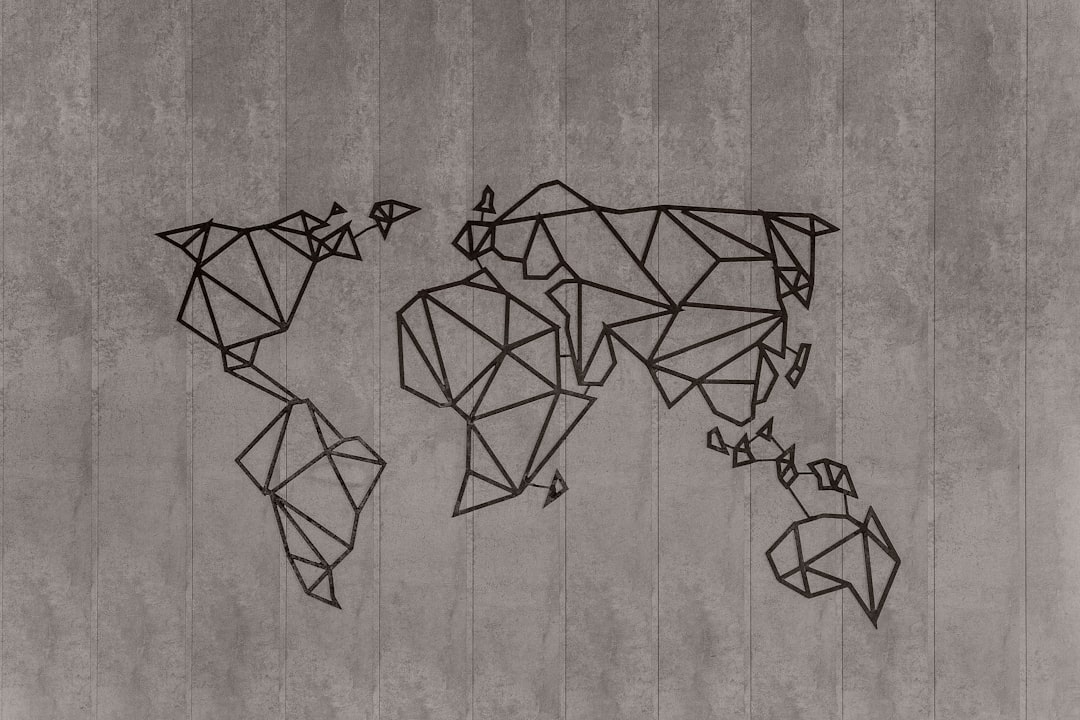On Maps
Cartographical empathy
A running joke with my inner circle is my lack of geographical prowess. It started with Georgia. (The state?? I asked. Um…no Nat. The country.) But maybe it really started back in high school when I took Geography in my senior year. It was a course much more focused on the stories of why the world looks the way it does in our minds than on any specific map itself. I don’t remember the teacher’s name but I do know he was passionate about giving a room full of 18-year-olds a fuller picture of geopolitics than the western-centric borders our textbook had laid out for us.

At 28 or 29 I remember visiting my mom in Oxford, England. She was doing her doctoral work abroad and I needed to escape Toronto post-divorce. It wasn’t an easy life season but remembering that trip interrupts any temptation I have to simply write off those years as bad. No time or place can ever be so flattened. In fact, because mom’s rental flat sat atop a sweet shop on the university town’s high street, my memories of that trip are perfumed with the smell of candy floss.
When I went on to marry a Brit six years later my mental map of England expanded beyond the southern cobblestone of Oxford and the tourist spots in London. Because he grew up in the North, over the years I’ve come to spend more time in rainier cities found near the top of a British map. These places are defined by important familial memories as different parts of me are woven into a landscape shaped by a decade’s worth of family holidays. If I close my eyes I can picture the heather-covered hills that paint my view from the backseat traveling over the top between Stockport and Sheffield. I can see a gritty Manchester bus stop. A train station in Birmingham. A carousel in Liverpool. My connection to England is now tied to memories of my husband’s childhood. What he has shared with me has shaped my relationship to a land he left 25 years ago. We are making a new history with flexible borders.
So how do I extend my capacity for narrative mapping to better understand and mourn with a world at war? I have never been to Israel or Gaza, to Sudan or Ukraine. I don’t have memory markers of childhood playgrounds or shortcuts through backyard bushes in those places (like I do with my husband's childhood home)…and yet they are there. Or were for someone. Instead I see Twitter feeds and Instagram posts from hurting people whose emotional landscapes are being torn apart.
My only answer is to read.
Poets. Thinkers. Storytellers. Authors: links to some reading for you if you’re looking for some border shifting stories.
My learning, mapping through time and space and story, is a cartographical exercise in empathy building. I may not be your ringer for geo facts at a pub quiz night, but I do want to learn — and from where I sit learning to listen to each other’s stories is one of the only ways forward in a divided world.


